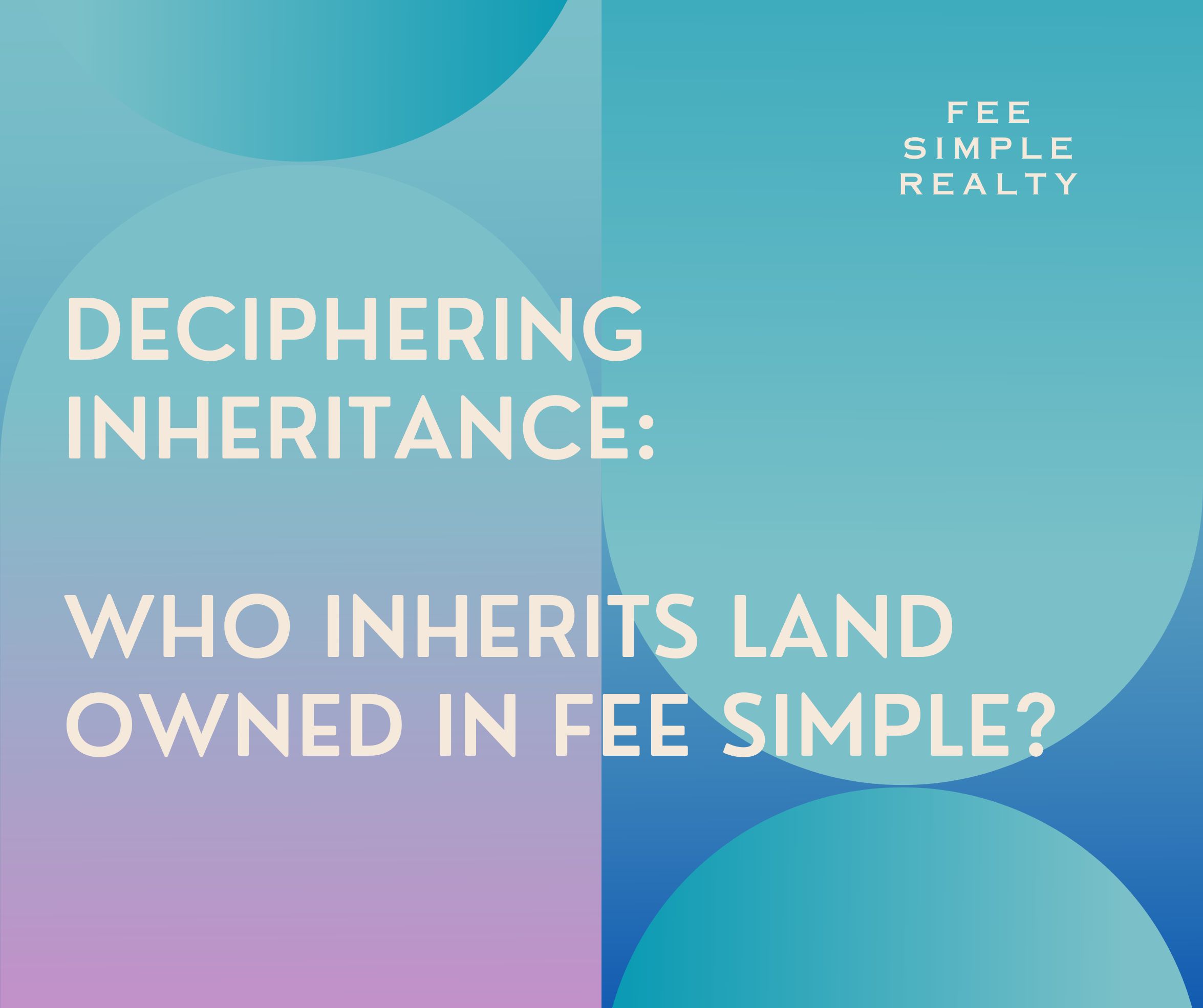Who Inherits Land Owned in Fee Simple?
When it comes to land ownership, “fee simple” is a term that pops up quite often. But who inherits land owned in fee simple? Let’s dive into this topic and unravel the mysteries of property inheritance in a way that’s both informative and engaging.
Understanding Fee Simple Ownership
First things first, what exactly is fee simple ownership? It’s the most complete form of ownership in real estate. When you own land in fee simple, you have the absolute right to control, use, and transfer the property as you wish. This ownership continues indefinitely and can be inherited by your heirs.
The Inheritance Process
Now, onto the fun part—inheritance! If you own land in fee simple, you can pass it on to your heirs through a will. You get to decide who gets your prized piece of real estate. This flexibility makes fee simple ownership highly desirable. If you don’t have a will, the state’s intestacy laws kick in. These laws vary from state to state but generally follow a set hierarchy of relatives, starting with your spouse and children, then moving to parents, siblings, and more distant relatives.
Intestate Succession
Let’s break it down further. Say you own land in fee simple and pass away without a will. Here’s a simplified look at how intestate succession might work:
- If you’re married with children: Your spouse and children typically share the inheritance.
- If you’re unmarried with children: Your children inherit the property.
- If you’re childless but married: Your spouse usually gets the entire property.
- If you have no immediate family: The property may go to your extended family, like siblings, cousins, or even further relatives.
Interesting Tidbits
Did you know that fee simple ownership can trace its roots back to feudal England? Back then, land was held based on loyalty to a lord, and fee simple was the highest form of land tenure, signifying absolute ownership.
Wrapping Up
In conclusion, who inherits land owned in fee simple depends largely on whether you have a will or not. With a will, you have the ultimate say in who gets your property. Without a will, state laws will determine the heirs. Fee simple ownership provides a robust framework for property inheritance, ensuring your land remains within your chosen circle.
Key Takeaways:
– Fee Simple Ownership: The most complete form of land ownership.
– Inheritance with a Will: You decide who inherits your property.
– Intestate Succession: State laws dictate the heirs if there’s no will.
Other Related Topics
If you found this topic interesting, you might also want to learn about how joint tenancy affects property inheritance or the tax implications of inheriting real estate. Stay tuned for more insightful posts on property ownership and inheritance!
Contact us today or visit our Instagram | Facebook .
